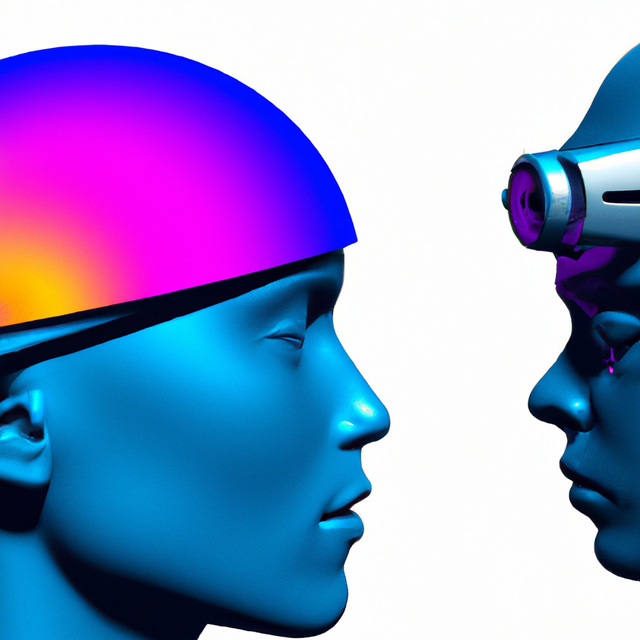Artificial intelligence and its impact on children
Artificial intelligence and its impact on children

Artificial intelligence is a field of computational science that aims to find ways and technologies that enable machines to simulate human intelligence and perform tasks that require advanced thinking. Artificial intelligence is used in many fields such as commerce, industry, healthcare and education.
The effect of artificial intelligence on children is a controversial topic. While there are many laws and regulations aimed at protecting children from exploitation and manipulation, the rapid developments in the field of artificial intelligence may affect children in different ways.
One of the potential drawbacks of artificial intelligence for children is its impact on the development of individual abilities and creativity. When smart devices and robots take over the tasks of playing and interacting with children, it can limit their ability to think innovatively and make their own decisions. In addition, the heavy reliance on technology may be a stimulus for laziness and reduced movement and physical activity in children, which affects their general health.
However, AI can also have positive effects on children. It may allow them to use advanced technologies to develop their skills in areas such as science, technology, engineering and mathematics. In addition, smart systems can help provide interactive and interesting learning experiences that increase students' comprehension and participation in the educational process.
Through personal experience, I can share that I have noticed a significant improvement in the level of my child's interaction with artificial intelligence applications in education. My child has a great passion to learn many concepts and skills through the use of robots and smart educational toys. This enhances his love of learning and raises his motivation and confidence in his own ability.
Based on this, we can conclude that artificial intelligence has paradoxical effects on children. Therefore, educational institutions and parents should take appropriate directions to use technology in ways that take into account the interest of children, with a focus on directing their use and monitoring them to make the best use of artificial intelligence.
In conclusion, we must remember that artificial intelligence has both its advantages and its challenges when it comes to children. Parents and supervisors should be aware of the impact of this technology and work together to control its use and ensure maximum benefit for children without negatively affecting their personal growth and development.